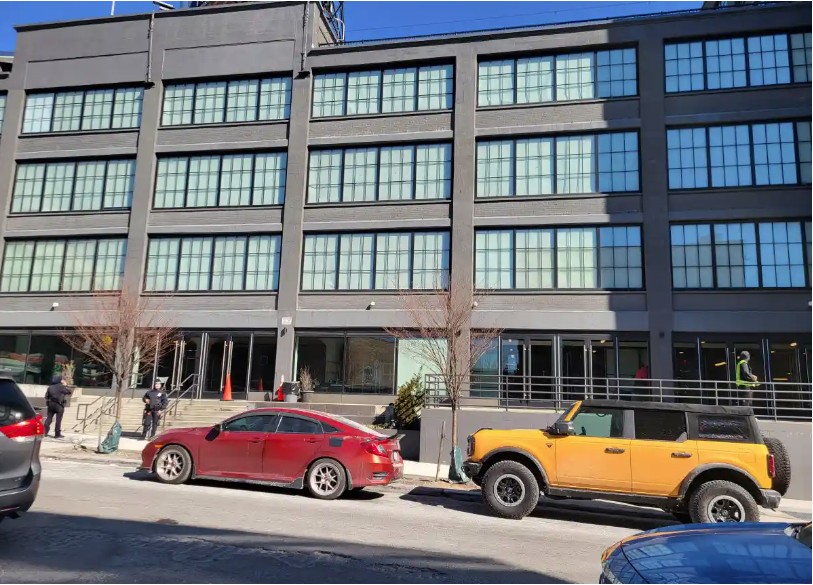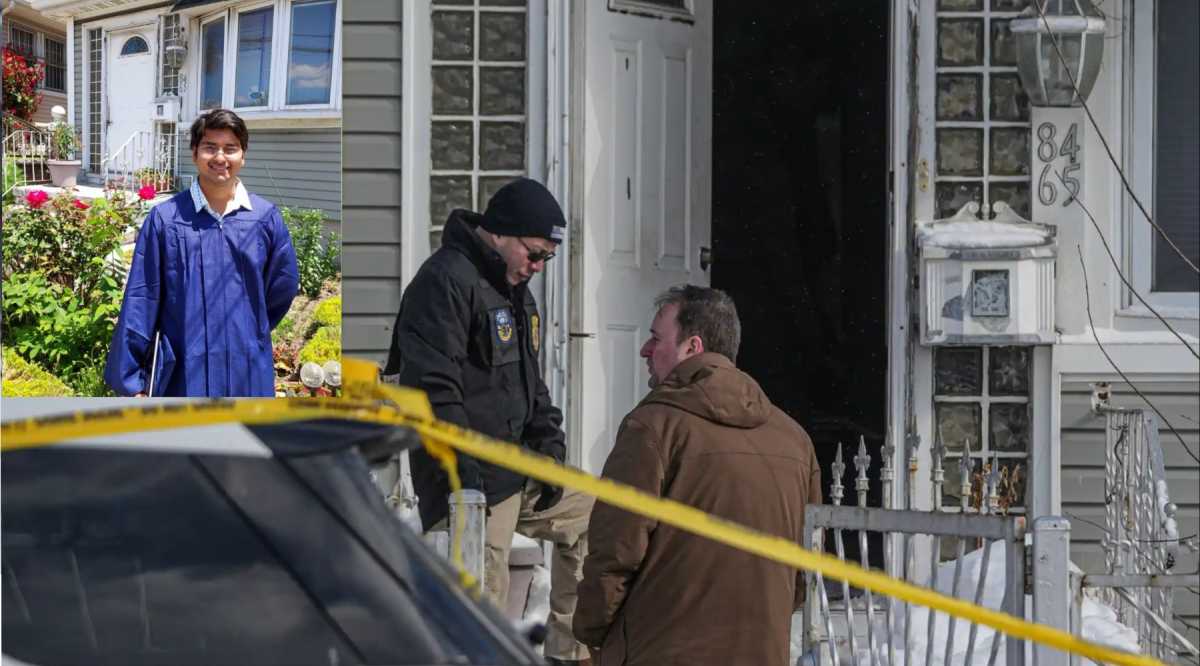City Councilmembers Chaim Deutsch (D-Sheepshead Bay, Manhattan Beach, Brighton Beach, Homecrest, Midwood) and Mark Treyger (D-Coney Island, Bensonhurst, Bath Beach, Gravesend) today succeeded in getting the New York City Police Department (NYPD) to list hate crimes as part of its CompStats data – a policing tool widely credited with driving en down crime to historic lows in the city.
That after NYPD Commissioner Dermot Shea confirmed today that hate crime stats will now be included in CompStat reporting.


Both Deutsch and Treyger have been hammering the issue that hate crimes need to be part of Compstats since early September when Deutsch first floated proposed legislation to do so.
Treyger picked up the mantle with two letters to top NYPD brass in October and December of last year to include hate crimes as part of Compstats. His letters were signed by a majority of colleagues in the council.
Hate crimes according to Act 2000, Article 485 of the New York State Penal Law are defined as crimes where victims are intentionally selected, in whole or in part, because of their race, color, national origin, ancestry, gender, religion, religious practice, age, disability, or sexual orientation.
CompStat, widely credited with reducing crime both in New York City and across the country, was developed under the Guiliani Administration by New York City Transit Jack Maple. It tracks the city (and country’s) major felony crimes including murder, rape, robbery, felony assault, burglary, grand larceny and auto theft. It also includes a few misdemeanor crimes as well as tracking transit and public housing crime, shootings and shooting victims. The data allows ranking police department executives to identify spikes in crimes using comparative statistics and address those spikes through the use of targeted enforcement.
“CompStat has proven to aid in reducing crime, so I think it’s important that we include hate crimes in these metrics. I drafted legislation to push for this because, with hate crimes on the rise, I think it is vitally important that there is transparency in reporting. The public deserves to know when there is a rise in a particular crime, and of course when there is a reduction as well. I am grateful to Commissioner Shea and the entire police department for taking this important step,” said Deutsch.
Treyger said adding hate crimes to CompStat helps the City and the community in many ways, including fostering holistic, community-driven responses, increasing local accountability and local transparency, enabling the City to strategically direct resources where most needed, initiating proactive programming and keeping the community informed.
“Our city must stand together against hate. I am proud that the majority of members in the New York City Council joined us in calling on Commissioner Shea to include hate crime data in CompStat. As hate crimes continue to rise, our City must do everything possible to make sure all New Yorkers are safe. By adding hate crimes data to CompStat reports, it will be as transparent as other crimes on the local level,” said Treyger.
The inclusion of hate crime as part of CompStat comes after the city recently established the Office for the Prevention of Hate Crimes was recently created after advocacy from the City Council. As the office’s website states: “According to NYPD data, hate crime incidents in the city increased by 64 percent between 2018 and 2019.
Shea made the announcement that hate crimes would be included in CompStats at a press conference today with Mayor Bill de Blasio, in which the two discussed a slight uptick in murders, shootings and robbery last year, but with crime generally staying at an all-time low.
Shea noted, though, that hate crimes are also up, specifically driven by anti-Semitism, things such as swastikas and hate speech.
To combat it, we have a fully-staffed Hate Crimes Task Force under Inspector Mark Molinari. We have a new Racially and Ethnically Motivated Extremism unit under John Miller. And to address recent events, we have significantly bolstered our uniform presence in select areas of New York City, more than 150 police officers, bolstered by auxiliary officers, to make sure people are safe and feel safe as well,” aid Shea.
“We also plan to incorporate hate crime stats into our CompStat reporting for the first time ever, because the best way to fight hate is by shining a light on it. All of this plays into the precision policing that keeps us focused on the true drivers of violence and disorder and speaking to the effectiveness of neighborhood policing and our responsiveness in communities that feel under siege,” the police commissioner added.









